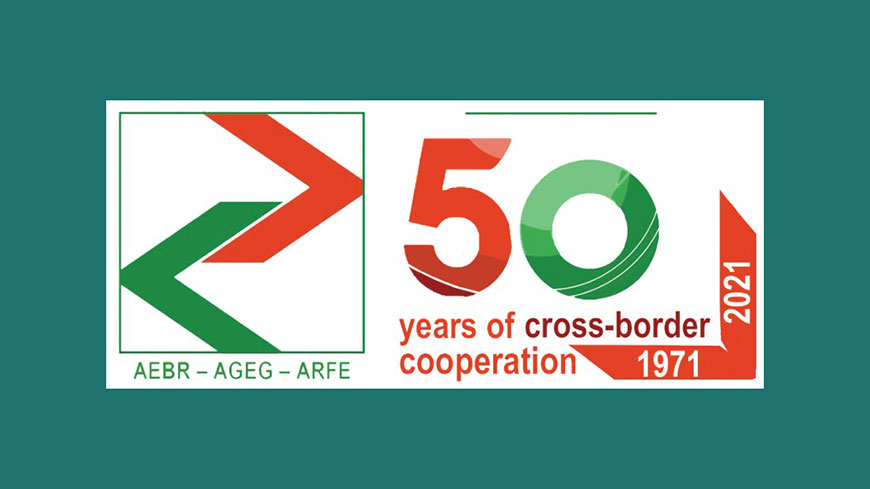Speaking at the General Assembly of the Association of European Border Regions (AEBR) on the occasion of its 50th anniversary, Congress President Leendert Verbeek underlined the need for enhanced cross-border co-operation.
The President stressed that, as a third of Europe’s citizens live in border areas, the issues surrounding border regions are of special interest to the Council of Europe, and especially to the Congress of Local and Regional Authorities. Indeed, out of the 362 regions registered by the Council of Europe within its 47 Member States, more than 140 are border regions.
President Verbeek underlined that border regions play a crucial role in European integration, territorial cohesion and territorial co-operation, notably through transfrontier working. Indeed, “promoting cross-border co-operation and establishment of cross-border co-operation bodies features prominently on the Congress agenda as well, and this is clearly an area of our common interest”, he said.
For its part, the Congress has made over the years a number of recommendations promoting cross-border collaboration. In 2013, the Congress adopted a report on Prospects for effective transfrontier co-operation, laying down proposals to promote “horizontal subsidiarity” for transborder communities. The 2016 report on Autonomy and borders in an evolving Europe identified good practices and principles for the protection and modification of domestic laws regarding the competences and borders of sub-national entities. Through its 2019 report Fair distribution of taxes in transfrontier areas: Potential conflicts and possibilities for compromise, the Congress encouraged members to harmonize the use of burden-sharing methods to reduce inequalities regarding both the weight and benefits of transfrontier work.
However, the President also noted that “challenges and obstacles to cross-border co-operation persist. Today, we need stronger and more integrated cross-border regions, with stronger cross-border governance institutions equipped with proper competences and resources to do their job of developing cross-border infrastructure, providing cross-border services for our citizens, and creating an integrated cross-border labour market.”
Mr. Verbeek expressed his wish that, in the context of celebrating the 50th anniversary by looking into the future “we will all be able to work hand in hand to solve these current and upcoming challenges faced by border regions in Europe.”




